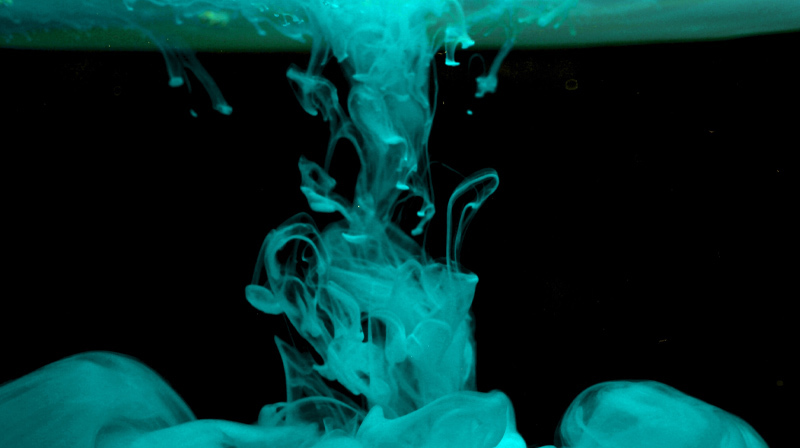Enriched with appropriate tackifying agents, hydrophobic lubricants resist well in very wet environments, even when exposed to salt water or recycled industrial water.
Their adhesive and lubricating properties also ensure excellent protection against corrosion, even in the presence of corrosive liquids (e.g., formol, phenol, and ammonia).
When subjected to dust, an inadequate lubricant is, in fact, counter-productive, it can even become abrasive. To avoid this effect, penetrating, cleaning, and protective properties are widely required. Dry lubricants are also an innovative way to handle these applications.

Aggressive agents (solvents, radiation, extreme pH-values, etc.) require specific lubricants that can withstand the harshest conditions.
These are challenges faced by the insulation industry (e.g., producers of glass wool, stone wool, fiberglass, or plaster board), the timber industry (e.g., sawmills chipboard production), chemical and cement industries, quarries, the printing industry, and so on.